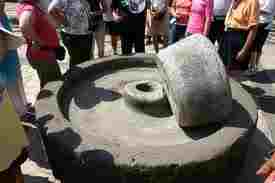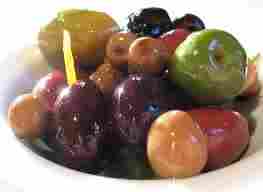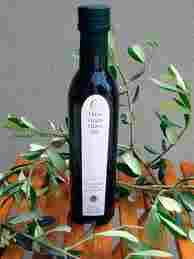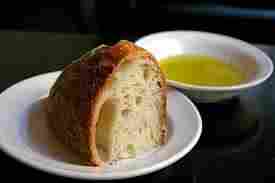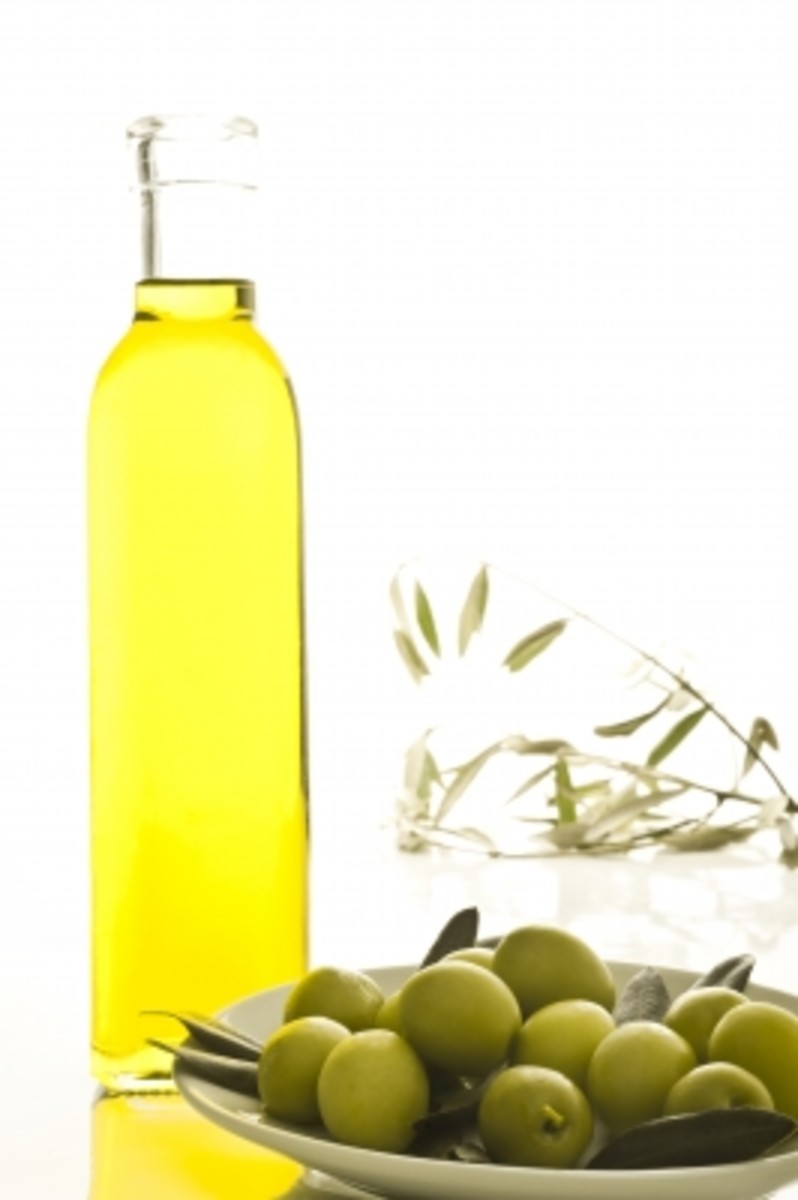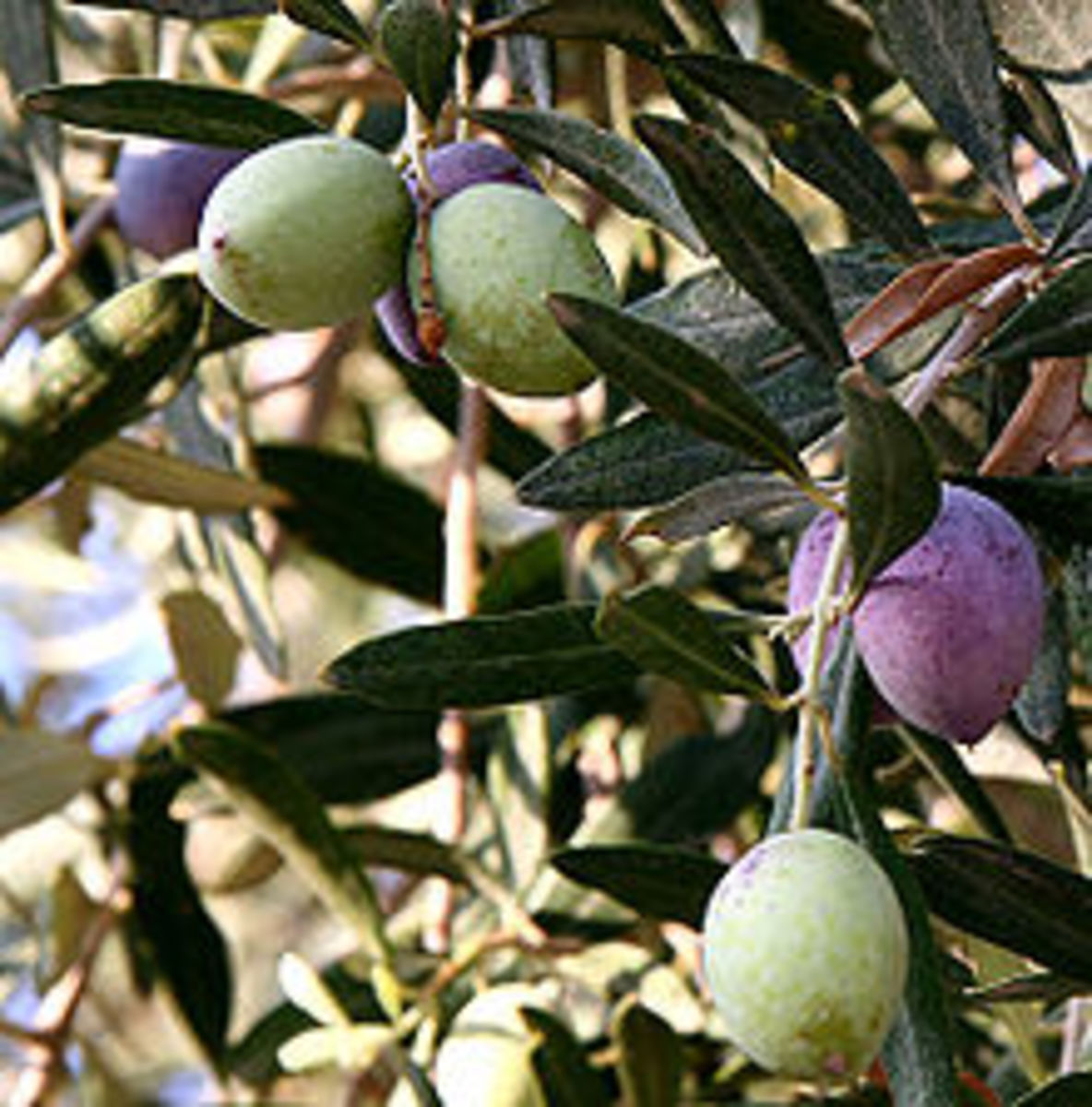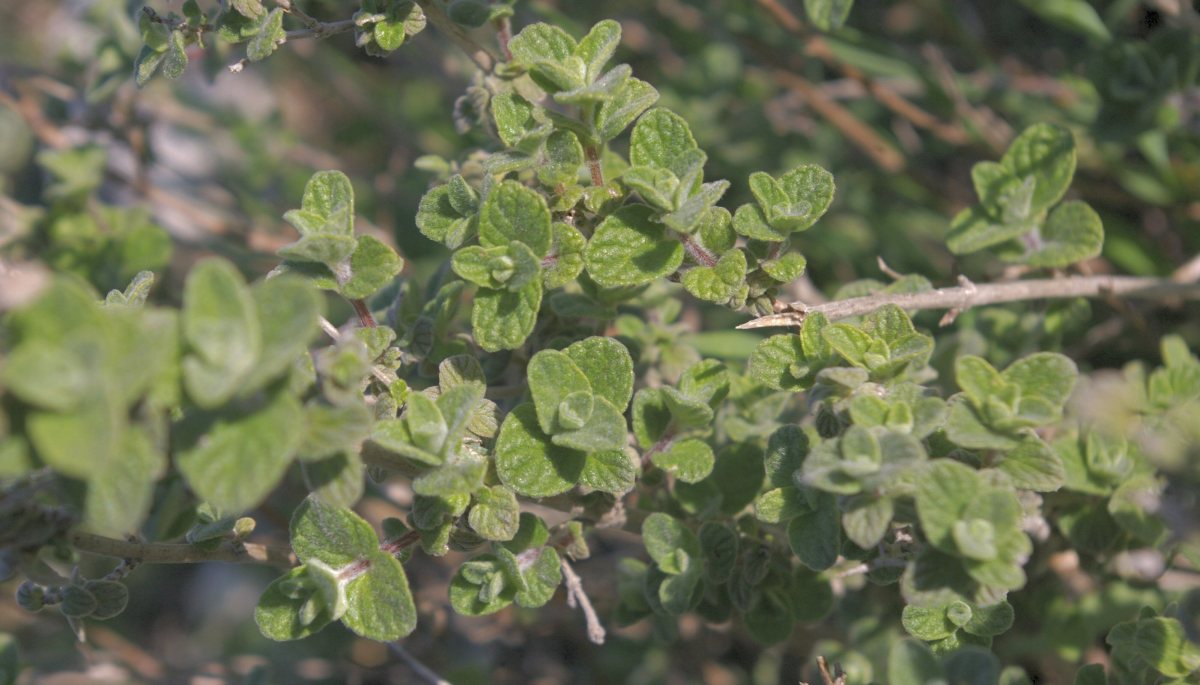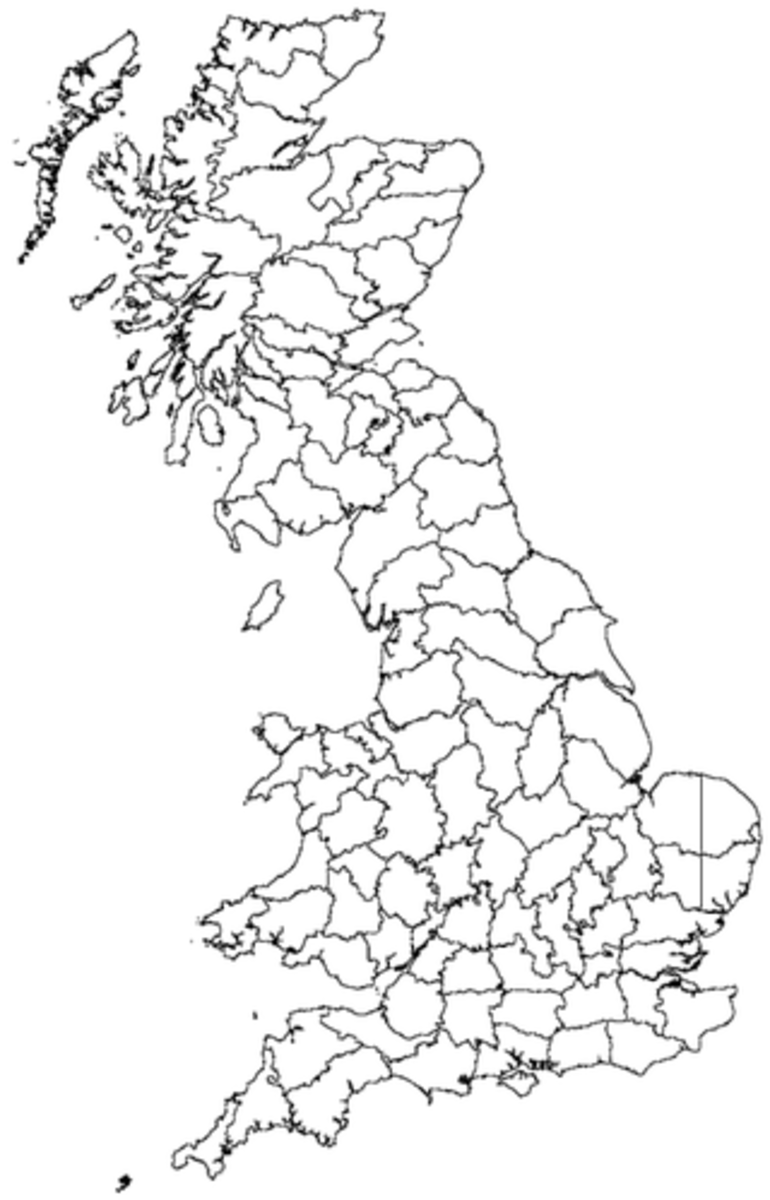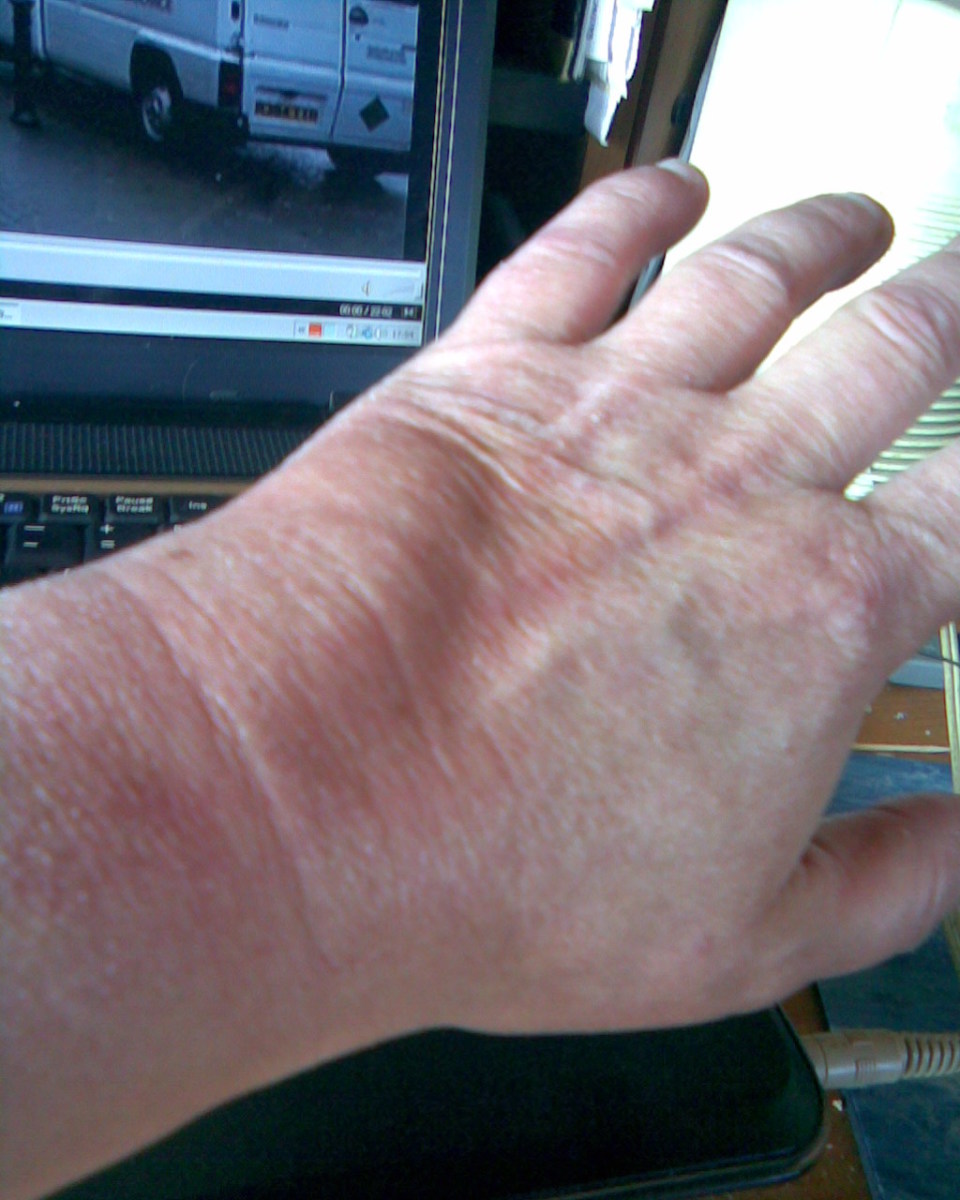Olive Oil: Star of Nature's Wonderous Larder.
Exquisite olive oil luverlyl!!
Click thumbnail to view full-size




Choice today makes finding the best olive oil difficult.
Olive oil,
Your ever-flowing peace, your green essence
Your heaped-up treasure which descends
In streams from the olive tree.
(Neruda).
There are certain food and drink items that have passed from merely being the province of chefs and gourmets and risen to take on a magical quality which has charmed kings, intrigued philosophers and inspired poets.
Wine, or course, is one. Another approaching this status may be garlic. And few would dispute that Scotch single malt whisky appeals to the literary set as well as those seeking a great tipple. You will probably say there are more: Tequila, and the other cactus juice based rocket fuels are recent contenders, long worshipped in Mexico.
Amongst this exclusive club, without argument, is Olive Oil. We love it in the United States and Britain, but in much of Europe it is the indispensable part of the diet and it features in nearly every meal.
As I said, we have learned to love olive oil in the UK and the 'States, but we are as ignorant, in general, about the many types, qualities and strengths as we were perhaps 40 years ago about wine.
There are five main olive - and, ipso facto, olive oil - producing countries. They are Italy, Spain, Portugal, Greece and France. There are also many countries jumping on the olive oil bandwagon, such as those which are becoming the major consumers, the United States, Australia, New Zealand, Argentina - which are also producing oil of serious quality - and Africa, Turkey and the Middle East, where the oil is often of inferior quality when produced in bulk.
The main olive oil producing areas are centred around the Mediterranean basin where the warm weather and often poor soils suit the olive tree. At least 80% of the world's production comes from these places and most from the northern side nations where new plantings and production has soared in the last 20 years, to help the traditional olive oil producing nations keep up with emerging growers who often - in the case of Australia and Argentina especially - have a lot more empty acreage available for huge groves.
Surprisingly, despite its up-market image and popularity, olive oil is far from the most plentiful of vegetable oils. These accolades belong to Soy at about 30%, palm oil at 20%, rape and sunflower, 25%. leaving just, after figuring in some other miscellaneous oils, olive oil, which weighs-in at only about 5% of the world's oil production. (These figures may be a little out of date but will be close to today's production figures).
It will be less surprising to learn that Spain is the largest producer, followed by Italy, then Greece. These country's production amounted to a full 75% of the world's olive oil 5 years ago; the figure will have undoubtedly evened-out some in the intervening years, but these countries still produce the most and best oil. The people of these lands are also the largest per-capita consumers and have been the largest exporters - nowadays, to literally all the nations of the world. Of the many other nations that do have a small industry, it is nearly all consumed locally.
Although botanists have been unable to pinpoint the actual date of the first olive trees, they certainly date back to at least 6,000, or 7,000 years B.C. Extraction and storage around the Mediterranean was underway by as early as 1500 to 2000 B.C.
Especially in Greece, the production and use of olives and olive oil - as was wine - has been firmly entwined with the fables of the gods. Aristotle himself propounded the death penalty for anyone felling an olive tree. The oil was used to barter and trade all over the known world. In Rome, the oil was considered a national staple on the level of grain, When the empire collapsed, religious sects used the oil in lamps as lighting and the tree became part of the Jewish doctrine as the dove of peace returned with the olive branch to Noah in his Ark.
The olive trees slumbered through the Middle Ages until production picked up again in the 16th. Century, as we see from art, featuring groves in Tuscany and various parts of Spain
There are many types of olive tree, which can live to a great age: old, gnarled trees can be found in places like ruined monasteries where the long dead monks used the fruit and oil. (These romantic locations often feature ancient grape vines as well).
Olives give a crop every year, but normally one good crop; one year rest with small crop, one good year again, etc. They need vigorous husbandry - pruning and the like - to guarantee good crops.
A good, ripe and plump olive contains about 25% or more of its weight in oil. Hard winters with frequent frosts, or drought conditions can decimate crops and even kill the trees. In really extreme winters, it has been seen that a tree will freeze and die to ground level. The roots, however, will often send forth new growth which can eventually lead to especially productive fruit.
The trees withstand sustained heat much better, although it will effect the amount and taste of the oil.
The olives for sale in a Mediterranean market will give you an idea of the many different types of fruit. There are as many varieties of olive used for oil production - types and sub-types, etc., as there are grapes in wine production.
There are dozens of kinds of olives: here is a representation from the top five nation-producers.
Arebequina olive. Grown in Spain and famed for fruity taste; high production from the colder regions of Catalonia and spreading down to Andalucía
Coratina olive. From Corato, a town close to Bari in Italy. Widely found in Italy and now in Argentina and Australia, Fruity and spicy and said to even improve with age.
Galega olive. The most numerous trees growing in Portugal. Taste of green fruit, almonds and grass, will not stay stable as long as many oils when bottled.
Kalamata olive. The principle oil consumed in Greece. Fruity, full bodied oil from black olives.
Picholine olive. France's top olive oil. I like this oil because it is sweet rather than bitter and doesn't cause me to choke as many oils do.
The PICUAL is the world’s most numerous olive. It makes up more than one half of the total trees in Espana and up to nearly 100% in some regions. It is obviously more popular with Spaniards who like its bitterness and pungent taste than with me. The market may like it as well for the high yield of oil and its long shelf life.
The trouble is that, again like wine, few producers or bottlers tell you what olive (or grape) your oil or wine contains. The big trouble may be that with this confounded "International Market,” the almighty dollar takes over as usual and the pressings are shipped all over the place, with bottlers mixing and matching.
A grower's pride may be replaced by the demands put on him by the market. I certainly find it hard to get hold of an inexpensive olive oil in Tesco that tastes anywhere near like that I could buy in a small European market 20 years ago. They are here (Britain) in these up-market delicatessens, but I can't - or won’t - afford 30 quid for a bottle of bloody tree grease that should be a fiver, tops!
The huge demand in the Third Millennium may be putting the same pressure on olive oil producers that has ruined the lower end of the wine business for many. Olives must be perfectly ripened to the degree required for optimum oil; disease-free and unmarked. Any of these conditions not met will adversely effect the quality and taste of the oil.
Traditionally, olives were collected manually and carefully to minimise damaging the fruit. Nowadays, both mechanical and hand picking is used depending on the size of the groves, the inclination of the land (over 15 degree rise makes mechanical picking impossible), and the inclination of the producer.
In the past, mill-type presses were used to crush the fruit. Nowadays, the same result is obtained in an enclosed hammer mill which crushes fruit and pits, then separate the oil using centrifugal force.
In the old methods, the paste was added to a stack of shelves on a press which separated the oil, allowing it to run down the outside of the stack as it compressed.
Two and three-phase processes in modern plants prepare the oil, while a more esoteric method - the Sinolea process - uses tiny fibres and surface tension to collect the oil and produces a particularly fine product, but wastes more than well accepted automatic processes. The oil is then stored in bulk in stainless steel vats under nitrogen or other gasses. To go into any of these complicated manufacturing systems herein would make the article far too lengthy.
The EU has introduced standards for olive oil under the acronym DOP (denomination of protected origin), and sold with the dop certificate. (usually guarantees excellent product).
The ‘virgin, or ‘extra virgin oil are lowest in oleic acid, ‘Lampate is low grade, higher acidic oils (lampate for lamps), ‘Refined oil is really a misnomer as it is more changed than refined and of low quality. Merely stating ‘olive oil means the product will be a mix of lampate and refined: again, lower quality. Finally, ‘sansa oil, recovered from the old pressings and very low grade oil. Although the EU guidelines have been followed closely in the US. olive oil from other non EU nations should be viewed with some scepticism until you are sure it seems to be what it states. This is especially true when the oil bears the label ‘extra virgin.
Some purists say modern olive oil lacks the health benefits of the traditional presses because it has been filtered to take out impurities, such as tiny pieces of olive. They say, with some justification, that is was these “impurities” which gave the oil its character and health-giving properties. Manufacturers argue that filtered oil lacks none of the health benefits and keeps longer.
My own opinion is, if you can get the product of a small producer made in the old way, before it has had a chance to deteriorate from any impurities, this will probably be the best olive oil. But that all premium grade olive oil is fine and keeps most of the olive’s properties.
In the home, don’t decant olive oil and keep for only a month after opening. Keep away from light is a dry, cool cupboard. You will often find the best oil is sold in dark, or opaque glass for the same reason. Never keep in the fridge as this will destroy components of the oil.
Olive oil is seen as having many health benefits such as helping to prevent heart attacks, lowering cholesterol, transferring its antioxidants to human cells and slowing the ageing process, aiding in calcium absorption helping guard against osteoporosis. Olive oil has been named as stemming memory loss, dementia and even Alzheimer’s. Some recent studies concluded that olive oil can be a natural pain-killer like aspirin, etc. It should be noted that the cooking process destroys all of the benefits of olive oil and may even make it (all vegetable oils) harmful. Where possible, it should be added after cooking to sauces, salads and the rest.
.

